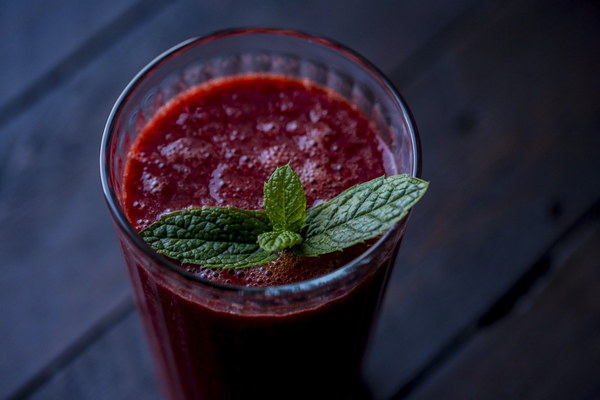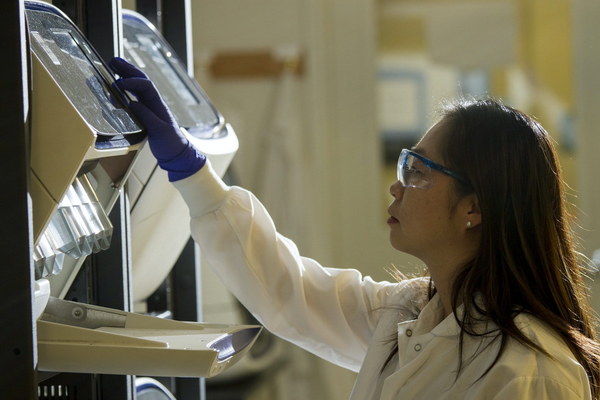Unveiling the Essence of Lung Cleansing What it Really Means
In the realm of holistic health and wellness, the concept of lung cleansing has gained significant traction. But what exactly does it mean to cleanse the lungs? This article aims to unravel the mysteries surrounding this practice and shed light on its true essence.

The lungs, as vital organs in the respiratory system, play a crucial role in oxygenating the blood and expelling carbon dioxide. Over time, various factors such as pollution, smoking, and poor diet can lead to the accumulation of toxins in the lungs, leading to respiratory problems and diminished lung function.
So, what is lung cleansing, and how does it help? In essence, lung cleansing is a process that aims to remove impurities and toxins from the lungs, thereby improving overall respiratory health. It involves a combination of natural remedies, lifestyle changes, and mindful practices to achieve a cleaner, healthier respiratory system.
1. Natural Remedies for Lung Cleansing
a. Herbs and Supplements: Certain herbs and supplements have been found to support lung health. These include turmeric, ginger, garlic, and green tea. They possess anti-inflammatory and antioxidant properties that help in reducing lung inflammation and fighting off respiratory infections.
b. Essential Oils: Aromatherapy using essential oils such as eucalyptus, peppermint, and lavender can help in clearing the airways and soothing the respiratory system. Inhaling these oils can be done through steam inhalation or using a diffuser.
c. Herbal Teas: Drinking herbal teas like nettle, mullein, and licorice can help in flushing out toxins from the lungs. These teas possess expectorant properties that help in loosening mucus and facilitating its expulsion.
2. Lifestyle Changes for Lung Cleansing
a. Quit Smoking: Smoking is the leading cause of lung disease and respiratory issues. Quitting smoking is essential for lung cleansing and overall health improvement.
b. Reduce Exposure to Pollutants: Minimizing exposure to air pollutants, such as cigarette smoke, dust, and chemical fumes, is crucial for maintaining healthy lungs. This can be achieved by using air purifiers, avoiding crowded places, and staying hydrated.
c. Exercise Regularly: Regular exercise, especially cardiovascular activities like running and cycling, can improve lung capacity and enhance respiratory function. It also helps in reducing stress, which can exacerbate respiratory issues.
3. Mindful Practices for Lung Cleansing
a. Deep Breathing Exercises: Practices like pranayama (yogic breathing) and diaphragmatic breathing can help in improving lung capacity and oxygenation. These exercises involve deep, slow, and controlled breathing techniques that enhance lung function.
b. Meditation: Mindfulness meditation can help in reducing stress, which is often a contributing factor to respiratory issues. By calming the mind, meditation can promote better lung health.
In conclusion, lung cleansing is not just about removing impurities from the lungs; it's a holistic approach to respiratory health. By incorporating natural remedies, lifestyle changes, and mindful practices, one can achieve a cleaner, healthier respiratory system. Remember, the key to lung cleansing lies in consistency and dedication to these practices. By taking care of your lungs, you are taking a significant step towards overall well-being.









